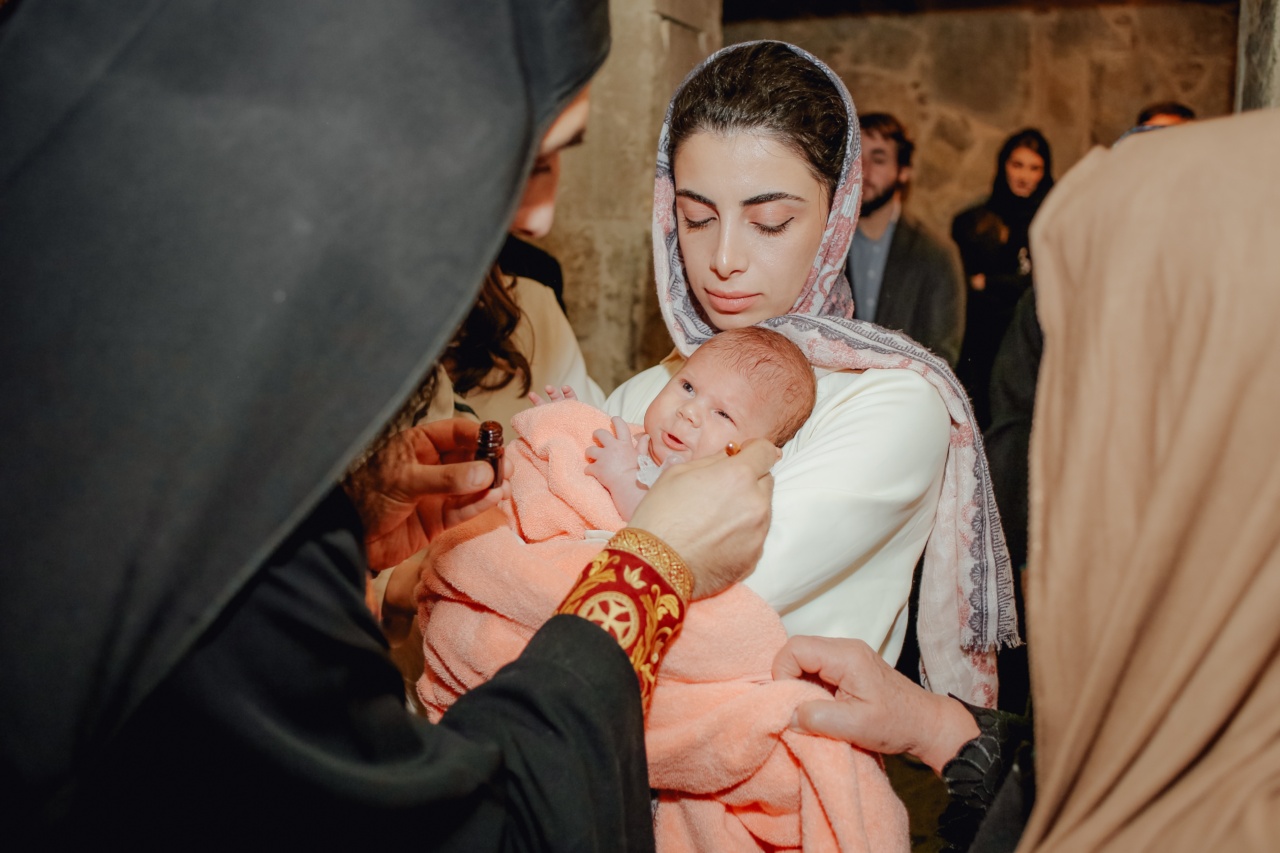Cancer is a devastating disease, affecting millions of people all around the world. Orthodox cancer refers to the conventional medical treatments for cancer, such as chemotherapy, radiation therapy, and surgery.
While these treatments can be effective in treating cancer, they are not without risks and side effects. Understanding the risk factors associated with orthodox cancer can help patients make informed choices about their treatment options.
Age
Age is one of the largest risk factors for cancer. As we age, our cells become more susceptible to mutations, which can lead to cancer. According to the American Cancer Society, approximately 60% of all cancers are diagnosed in people over the age of 65.
Family History
If you have a family history of cancer, your risk of developing cancer is higher than those without such a history. Some types of cancer are hereditary and can be passed down from generation to generation.
If you have a family history of cancer, you should speak with your doctor about your risk factors and ways to reduce your risk.
Lifestyle Factors
Lifestyle factors such as smoking, drinking alcohol, and poor diet can increase your risk of developing cancer. Smoking is a significant risk factor for lung cancer and many other types of cancer.
Excessive alcohol consumption has been linked to cancers of the mouth, throat, liver, and breast. Poor diet and lack of exercise can also increase your risk of cancer.
Hormones
Hormonal imbalances or changes can increase your risk of certain types of cancer. For example, women who have never had children or who started menstruating at a young age may have a higher risk of breast cancer.
Environmental Factors
Exposure to certain environmental factors can increase your risk of cancer. For example, exposure to radiation, chemicals, or pollution can damage your DNA and increase your risk of cancer.
Long-term exposure to the sun’s ultraviolet (UV) rays can increase your risk of skin cancer.
Genetics
Some people are more genetically predisposed to developing cancer due to mutations in their DNA. Genetic testing can help identify individuals who may be at higher risk of developing certain types of cancer, such as breast, ovarian, or colon cancer.
Treatments
While orthodox cancer treatments such as chemotherapy and radiation therapy can effectively treat cancer, they also have significant side effects.
Chemotherapy can cause nausea, hair loss, and fatigue, while radiation therapy can lead to skin irritation and damage to healthy tissue. Surgery can also have risks, such as infection and bleeding.
Psychological Impact
Orthodox cancer treatments can also have a significant psychological impact on patients.
The fear of cancer recurrence, as well as the physical and emotional trauma of treatment, can lead to depression, anxiety, and post-traumatic stress disorder (PTSD).
Alternative Cancer Treatments
Alternative cancer treatments, such as herbal remedies and acupuncture, may be appealing to some patients due to their perceived natural and holistic nature. However, alternative cancer treatments are not proven to be effective and may even be harmful.
Some alternative cancer treatments may interfere with orthodox cancer treatments, reducing their effectiveness.
Conclusion
Orthodox cancer treatment can be life-saving. However, understanding the risk factors associated with these treatments can help patients make informed choices about their treatment options.
Patients should speak with their doctors about their individual risk factors and ways to reduce their risk of cancer. It is important to maintain a healthy lifestyle, get regular cancer screenings, and follow the advice of your medical team.





























